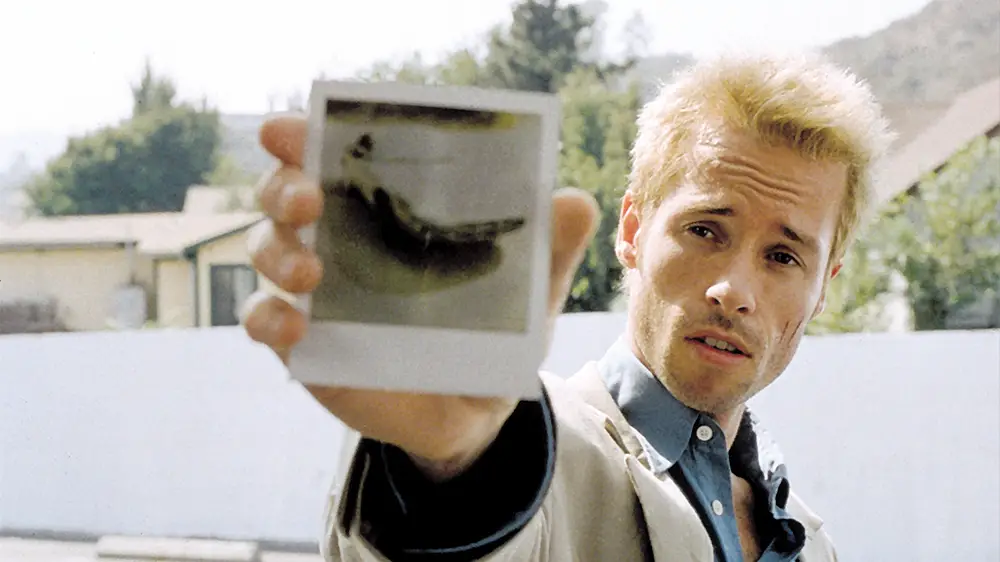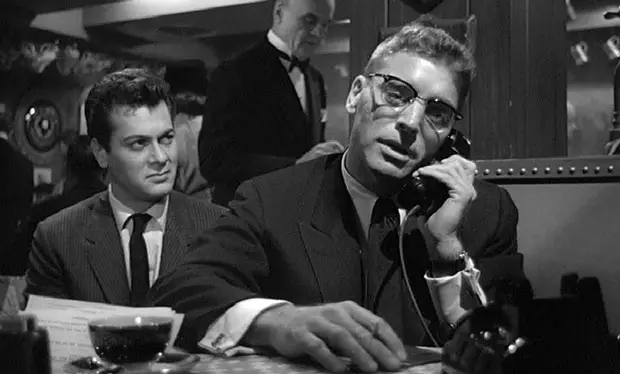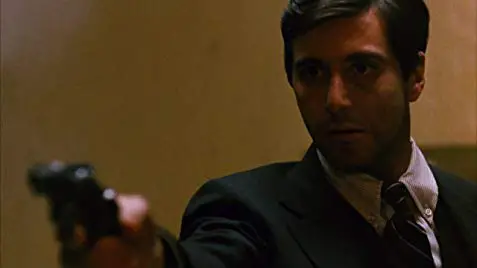In some of the greatest films, the audience is kept entertained by the puzzle of trying to unravel a complex plot, in which the recurring questions of: who?, what? and why?, are asked. In the film Memento, when one question is answered, within its answer therein lies another question.

On the other hand, there are also the films in which we understand the characters’ questions and answers, but the suspense and entertainment value comes from when the characters create further obstacles on the journey to reaching their ‘goal’; this type of plot is used in most Action/Adventure films like, Star Wars and Indiana Jones.
The ‘Willing Suspension Of Disbelief’
Films have the ability to create their own worlds and rules, where the characters look real and sound real, and so you lend yourself to the belief that they are in fact ‘real’ – at least for the duration of the film. But this is a fine skill in storytelling and directing; the ability to convince the audience is not easy and requires a lot of practice and, in most cases, years of experience.
Esteemed film-maker Alexander Mackendrick went from the limelight of directing some of Hollywood’s most admired movies, Sweet Smell of Success (1957), The Ladykillers (1955), to then inspire and educate the minds of CalTech Arts as a teacher. One of his students raised their hand and said that, “Plots are old-fashioned. A story with plot is contrived, artificial and boring.” In Mackendrick’s book (On Film-Making: An Introduction To The Craft Of The Director) he examines this statement.

He agrees that plot can indeed be boring and contrived and there is nothing worse than sitting through a film where you are expecting the next scene or obstacle and feel as though you’ve ‘seen it all before’. But where the student went wrong was mistaking plot for bad writing. So if we were to rephrase his statement: Bad writing is contrived, artificial and boring – this now in fact makes sense, because plot is merely a ‘sequence of events’ and it is the poor quality of writing that makes it boring. Mackendrick suggests it is when you become aware of the plot progression in a film, you experience a loss in the ‘willing suspension of disbelief’, needed especially when trying to evoke an emotional response from the audience and grow attached to the characters.
Plot Grows Out Of The Character

Well constructed plots grow naturally out of the characters motivations and interactions throughout the story. For instance, in The Godfather (1972) the story’s progression is dictated by the protagonist’s actions and conflicts throughout the film. In Act One, we know Michael to be an honest man with morals and a reluctance to join the ‘family business’ but after his father, Don Corleone, is shot, he is presented with a question that conflicts with his morals: will he take revenge, or will he walk away? Michael’s ingrained loyalty to his family and need to defend his father’s honor takes over him, and so he seals his fate when he murders a policeman in cold blood – thus we are propelled into the Second Act.
This ‘cause and effect’ relationship is what should drive the plot, not a formulaic path dictated by the writer in which the next scene is there “just because”; it needs to grow out of the characters motivations, and then you’ll have compelling plot worthy of the Odeon.




